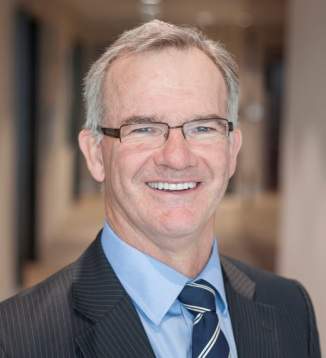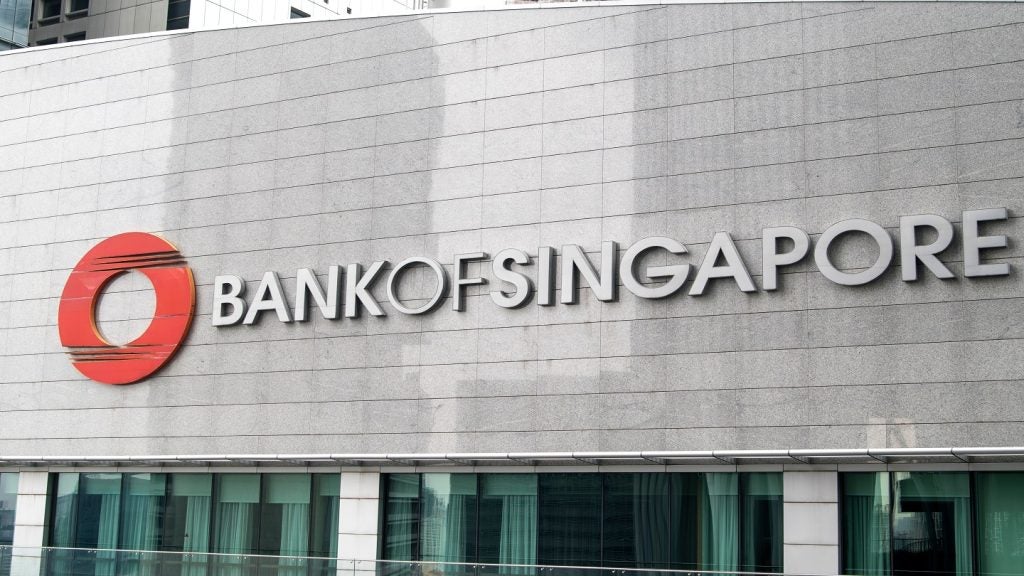
Ian Gibson, managing director and regional head, Africa, Middle East and Europe at Standard Chartered Private Bank tells Ronan McCaughey about the shifting dynamics of the African private banking market; the challenges facing the financial institution as the cost of compliance increases; and the primary markets for the bank in Africa.
Private Banker International (PBI): What are the trends in the African private banking market?
Ian Gibson (IG): We have seen a shift in focus of the international banks away from Africa.
Traditional competitors such as Barclays Bank appear to have reduced their focus on Africa. At the same time we have seen African regional banks expanding their footprint, as well as local banks making inroads into private banking.
Changing ethical attitudes to investing and technological advances are clear trends. The new generation of investors think differently about advice, with new attitudes and expectations.
They value holistic advice on how to achieve multiple, often conflicting goals, adding a certain degree of complexity to the process.
At the same time philanthropy and sustainable investing are growing trends in the industry, and Africa is no exception.
Millennials are more entrepreneurial, and are almost twice as likely to withdraw from investments facing sustainability challenges.
This gives wealth managers and financial advisers an opportunity to improve their digital capabilities as well as using private capital to help make the world a more sustainable place.
PBI: What are the challenges SCB has faced or is facing at the moment in the continent?
IG: The regulatory complexity and the cost of compliance continue to increase when we talk about cross border private banking.
Also the industry has changed substantially over the last few years. The financial crisis has increased investors’ sensitivity to risk, and the current low yield environment has made it more challenging to meet investors’ expectations of returns.
In addition, the pressure for global tax transparency from governments around the world and the introduction of tax amnesties in many jurisdictions has caused a significant shift from offshore to onshore wealth.
This has resulted in volume losses due to wealth repatriation, decreased revenue margins and naturally the competition for onshore assets is increasing.
We find client expectations are increasingly focussed on quality of service, advice, and responsiveness of service, meaning additional costs and investment in technology and digital infrastructure.
Clients want more personal; more real time; more effortless interactions.
Nonetheless, the industry is re-defining the value proposition and how it is supposed to be delivered. The relationship manager profile, the use of appropriate channels, client reporting and pricing are a few examples of what requires attention and investment.
PBI: Which asset classes are HNWI most interested on?
IG: As an emerging markets bank, the majority of our clients are clearly naturally exposed to these regions, as well as specific sectors like oil and gas or mining.
It is our responsibility – when we think about their investment portfolios – to diversify and identify uncorrelated asset classes while managing their global portfolios.
Naturally, we take into consideration both personal and financial goals as well as time horizon.
Having said that, as wealth gets transferred to the next generation Socially Responsible Investing is a growing trend and we suspect at some point in time it may become an asset class on its own right.
PBI: What are the primary markets for the bank in the African Continent?
IG: We have a presence in 16 countries across Sub-Saharan Africa; however, it is important to reach meaningful scale in each of the markets in which we operate.
Our primary markets in West Africa are Nigeria and Ghana, and Kenya, Uganda and Tanzania in East Africa.
In Southern Africa we are focusing on South Africa, Botswana and Zambia, as well as Mauritius’s role in terms of foreign direct investment in and out of Africa.
PBI: What are SCB’s strategies in the African continent?
IG: Banking the African continent is one of the core pillars of the SCB strategy.
This was re-confirmed as recently as November 2015 following Bill Winters’ appointment as group chief executive. With universal banks in 16 African countries, SCB is uniquely positioned to deliver complete One Bank solutions to our African client base.
We are focussed on executing as One Bank in order to cover both the personal wealth needs and business requirements of our clients.
We are focused on connecting our strong banking franchise in Africa with our global footprint to find the best solutions for our clients.
With a local market presence, we are able to offer both on-shore and offshore solutions to our clients which will at times require on and offshore expertise and services to work together to achieve the desired outcome. We see this as a key differentiator over our competition.
We are also investing in excess of $250m in our platform, processes and systems and investing in our people by providing industry leading training through our recently launched Private Banking Academy.
The academy will see our front line certified by Fitch and Insead. We believe investing in our people and hiring senior relationship managers will ensure we have the best team in the field properly equipped to assist our clients.
PBI: How do you keep up with customers’ evolving needs? Are you adopting digital solutions? Are there any specific plans for new products and services in the near future?
IG: We continue to invest in our people, platform and systems. At the core of our offering is advice and our open architecture approach, which is very much focussed on giving our clients independent, un-biased and expert guidance to help them grow and protect their wealth.
While the mechanisms and ways they consume this are changing, the quality of the insights and advice remain critical focuses for the future.
AI and machine learning will play a significant role in adviser digitalization in the near-term. The future of adviser roles and the part likely to be played by robo-advisory services is coming, giving us a clear picture of advisers and digital tools working in concert for specific segments.
PBI: Do you hire staff from the continent or do you hire from outside the continent?
IG: Our team is made up of individuals originating from many jurisdictions. One common theme running through the entire team is the passion for Africa.
Without this passion, it is unlikely that we will succeed. Having said that, almost one third of the team do originate from the African continent.
What is critical for us and what our clients have told us is important to them, is our understanding of them and their families first.
Whilst the industry is certainly driving digital technology solutions, the foundation for private banking across Africa remains the relationship with the client.
Hence, the requirement is for relationship managers who have a passion for Africa and a desire to get to know the continent intimately.
The talent pool of African-focused relationship managers is relatively small.
As a consequence, a clear African strategy, focused leadership, ongoing investment and the launch of the Private Banking Academy has meant that SCB is seen as an attractive employer.
We also have the advantage of having a SCB talent pool in our local markets as a consequence of our universal banking activities across Africa.
I am positive that SCB Private Banking will be able increase the intergenerational affinity across our footprint and trade corridors. We aspire to have the best team in the field and we are part of an Institution with an incredible history of more than 165 years in some of the most dynamic markets across Asia, Africa and the Middle East.







